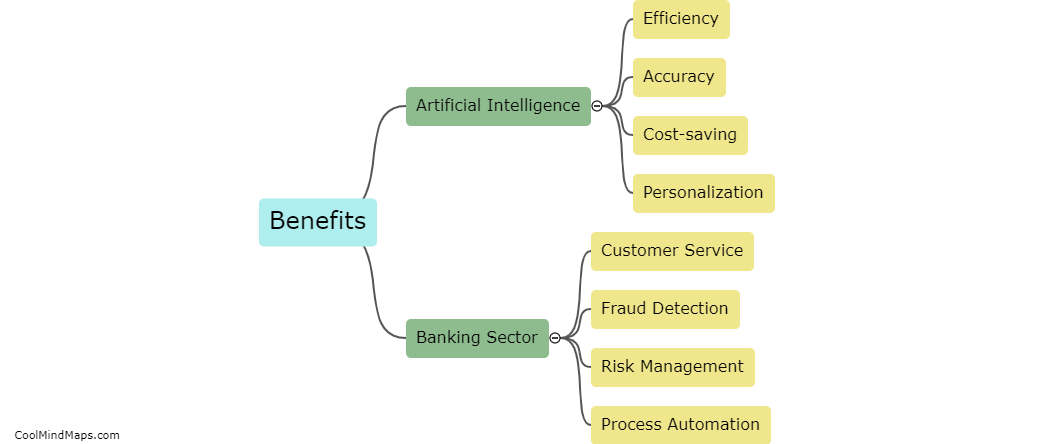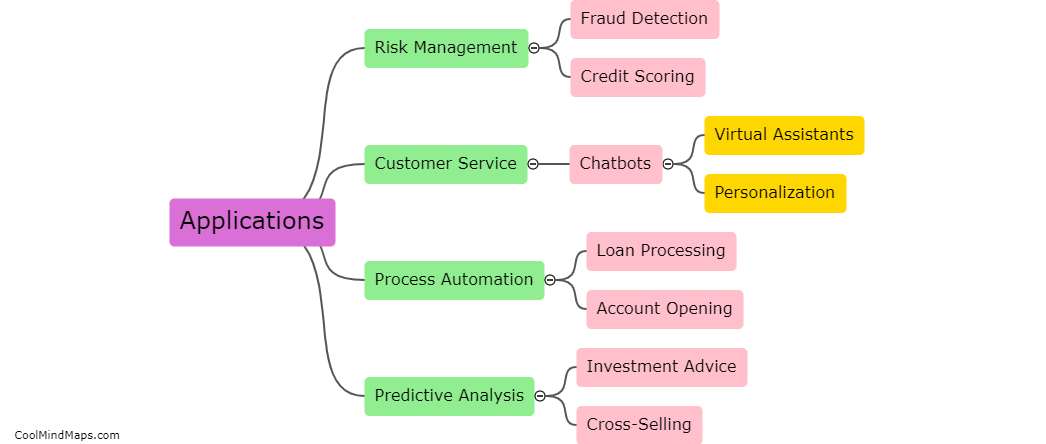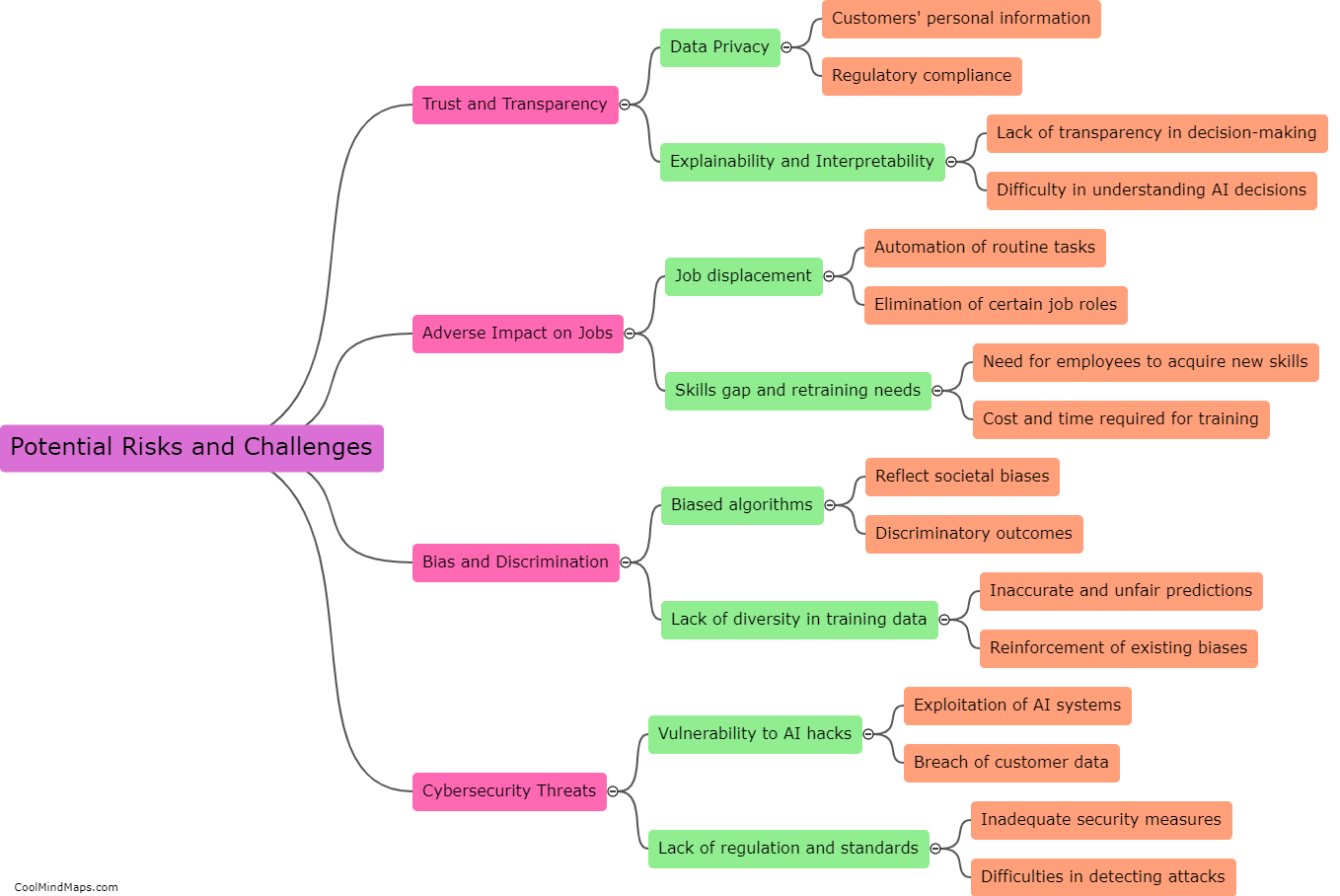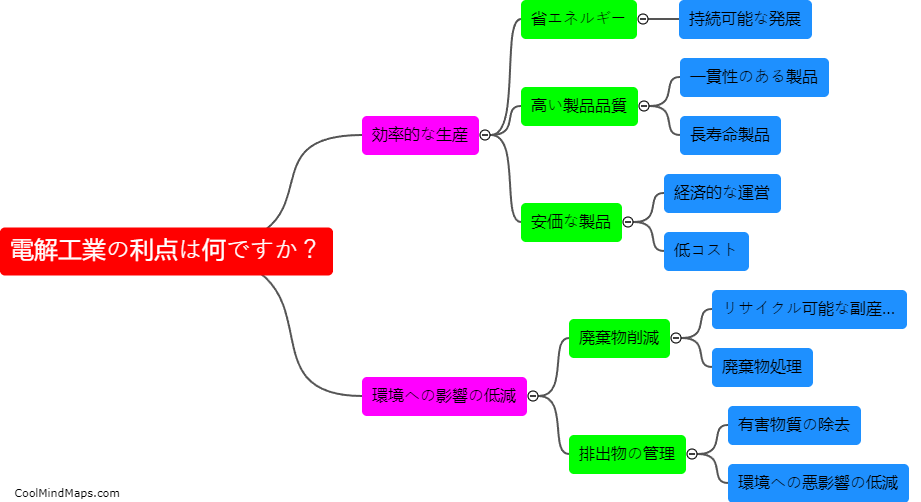What are the characteristics of programming languages?
Programming languages have several characteristics that differentiate them from each other. Firstly, they have a syntax or grammar that determines the structure of the language. This syntax includes rules for writing statements, expressions, and symbols. Secondly, programming languages have a set of data types that define how information is stored and manipulated, such as integers, strings, booleans, and arrays. Additionally, languages have a set of control structures, such as loops and conditionals, that allow for logical flow and decision making in a program. Another characteristic is the level of abstraction, which refers to how much detail is required to write code in the language. Some languages are low-level and closely mirror the hardware, while others are high-level and provide a more abstract way of solving problems. Finally, programming languages have a standard library or collection of pre-written functions and modules that can be used to simplify programming tasks.
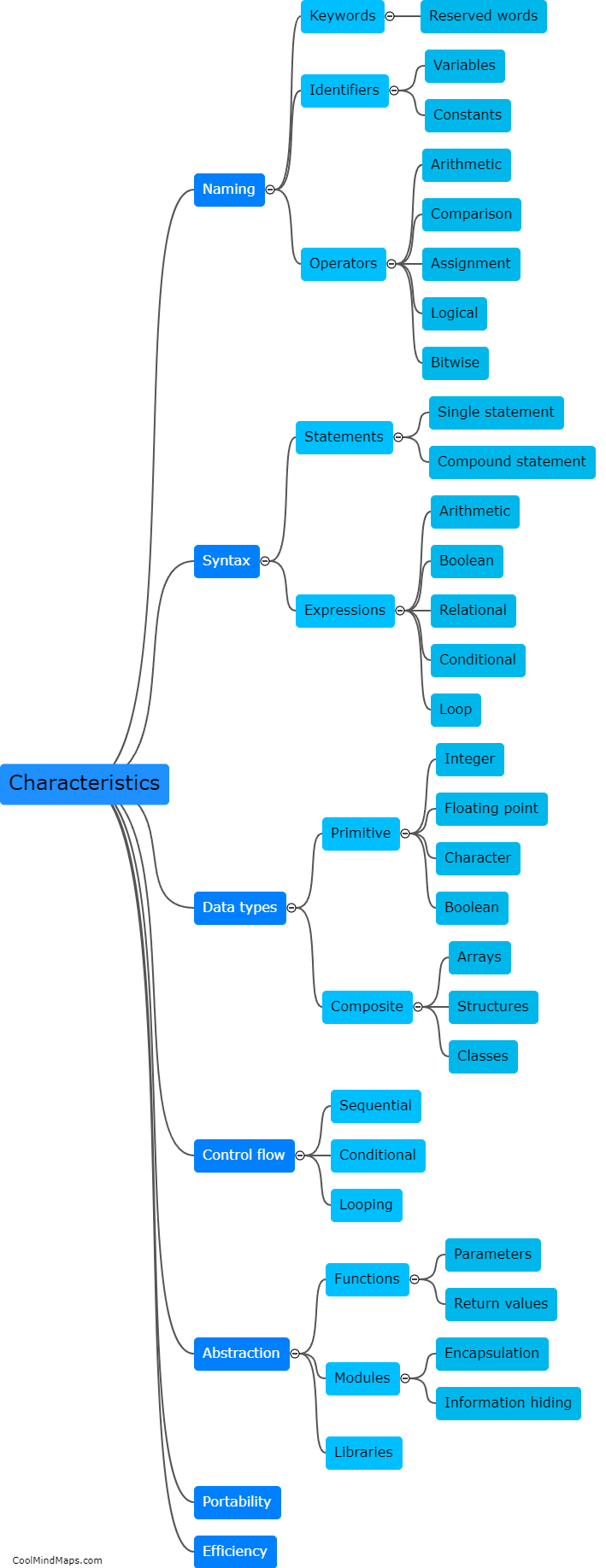
This mind map was published on 5 October 2023 and has been viewed 103 times.






